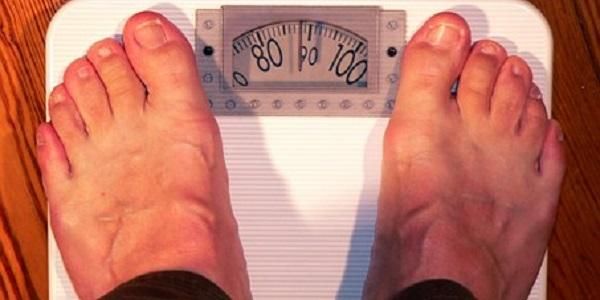
Identifying a test to target cancer drug
Doctors are developing a more personalised approach to the treatment of bowel cancer, thanks to research which has found a way of screening tumours for their susceptibility to drug therapy.

Doctors are developing a more personalised approach to the treatment of bowel cancer, thanks to research which has found a way of screening tumours for their susceptibility to drug therapy.

A collaboration between scientists has helped reduce the prescription of unneeded antibiotics to children in rural China.

A drug that targets the appetite control system in the brain could bring about significant weight loss in people with clinical obesity, according to new research.

More than a third of primary school children are failing to get sufficient sleep, according to research presented at the British Sleep Society conference.

Scientists have developed a novel weapon in the battle against deadly hospital-acquired infections – a textile that disinfects itself.

The major structures of a baby's heart form in just four days, according to new research using the latest imaging techniques.

The University has led a Science and Innovation Audit, commissioned by the Department of Business, Energy and Industrial Strategy (BEIS) to highlight investment opportunities for medical technologies.

Health researchers have launched a major survey to see if people would be prepared to allow their lifestyle data to be matched against their health records.

Inadequate sleep at night leads to poor memory and increases the risk of depression, anxiety and stress, according to research revealed today.

Heart attack patients with long-term health conditions are significantly less likely to receive optimal care, compared to those with no long-term health problems – according to new research.